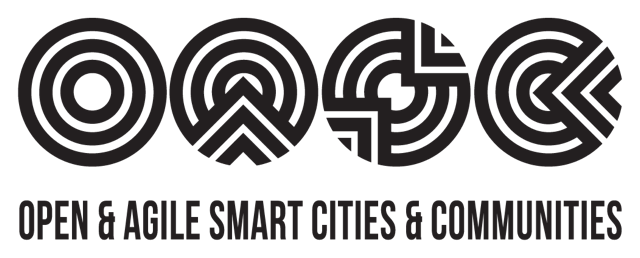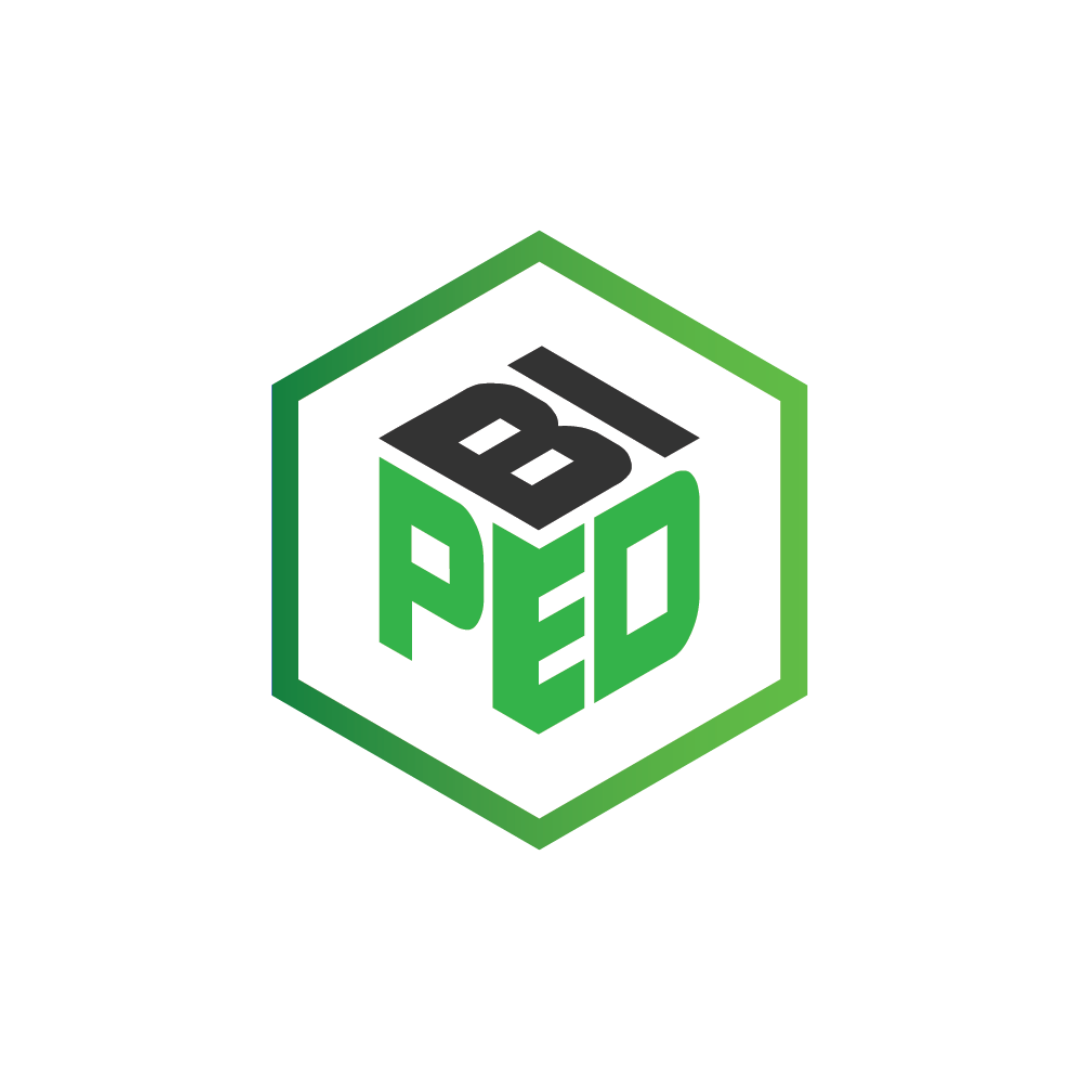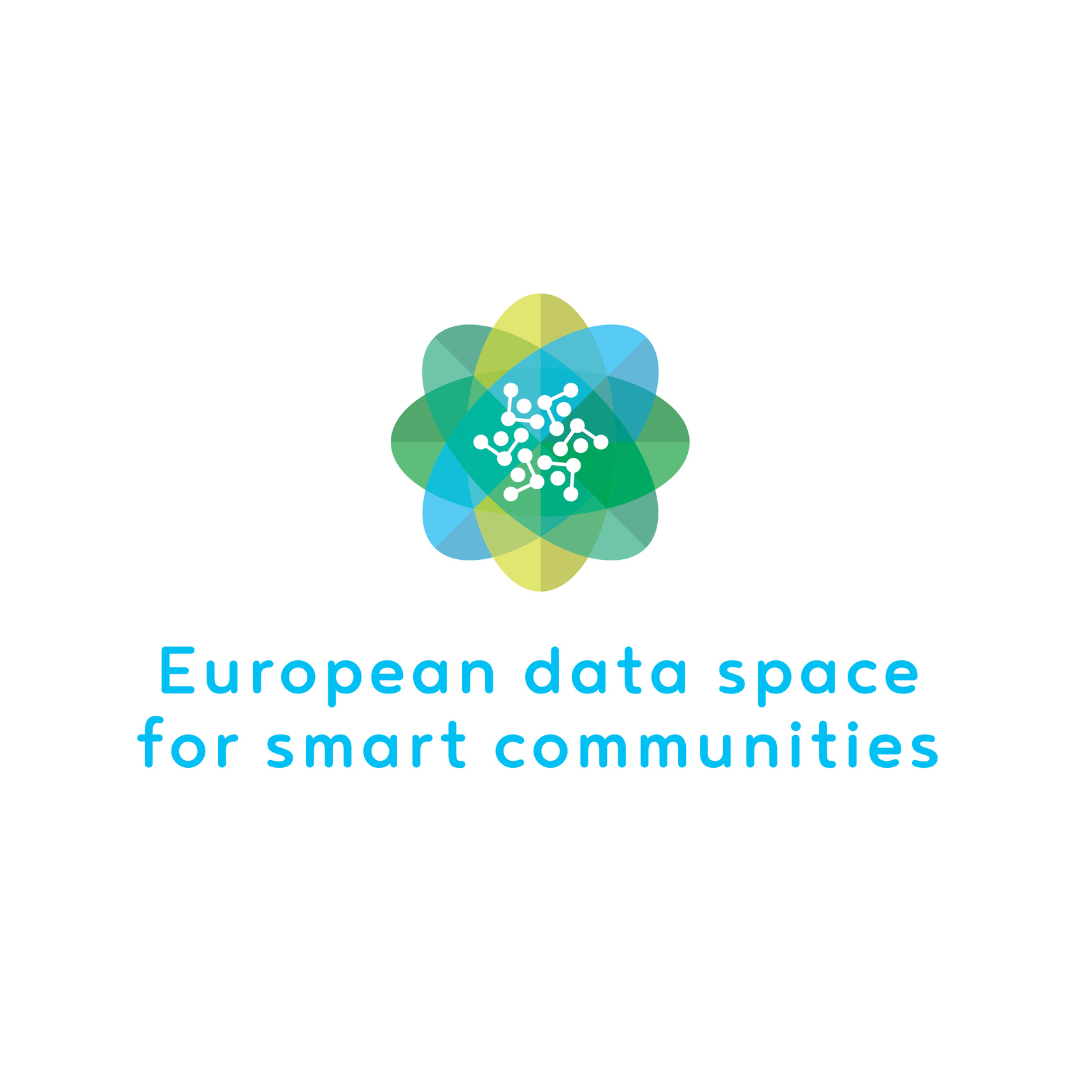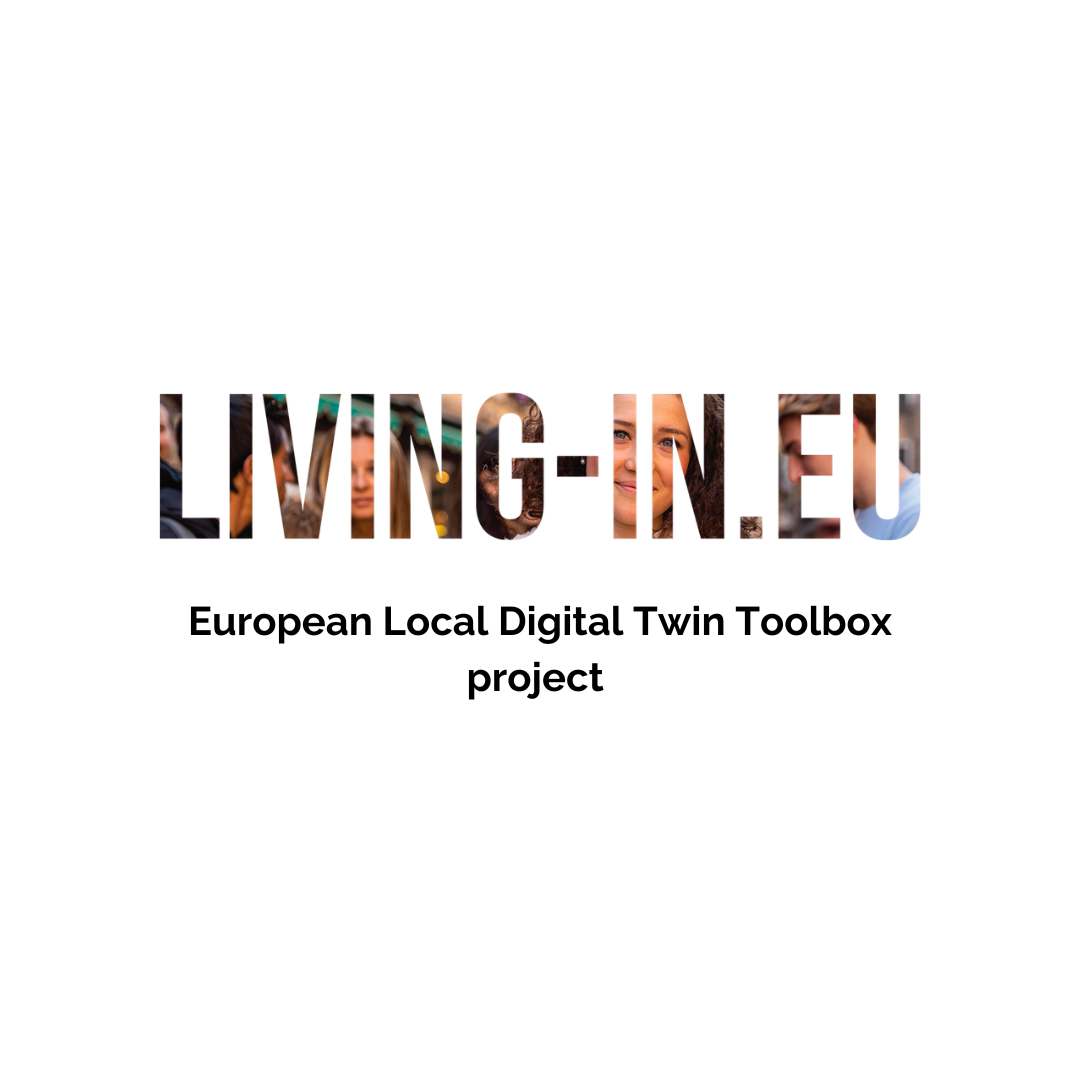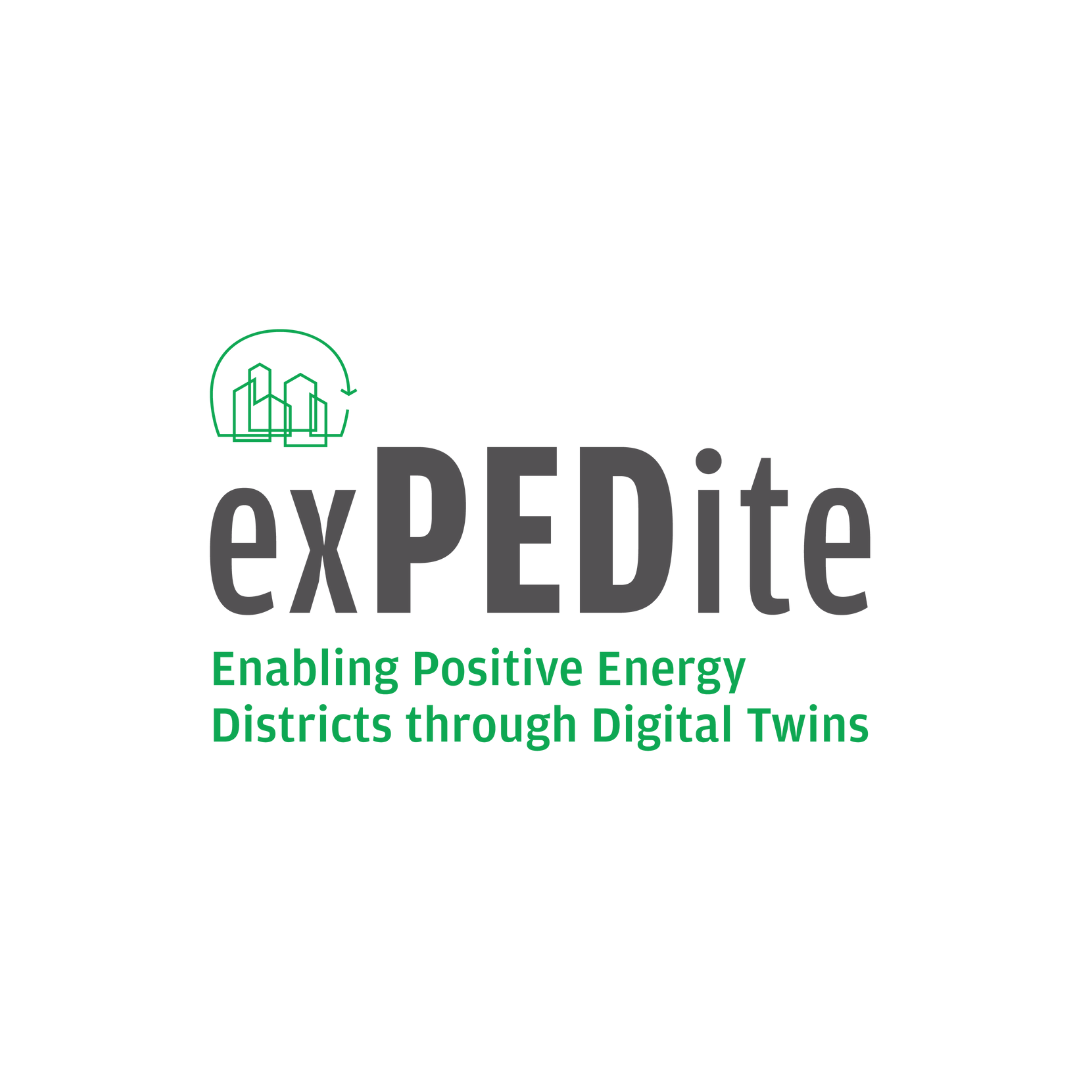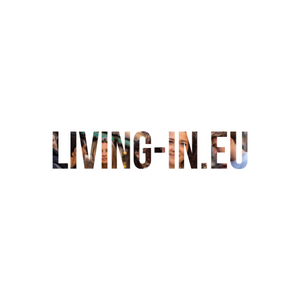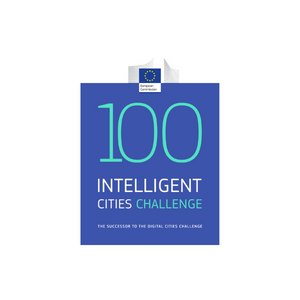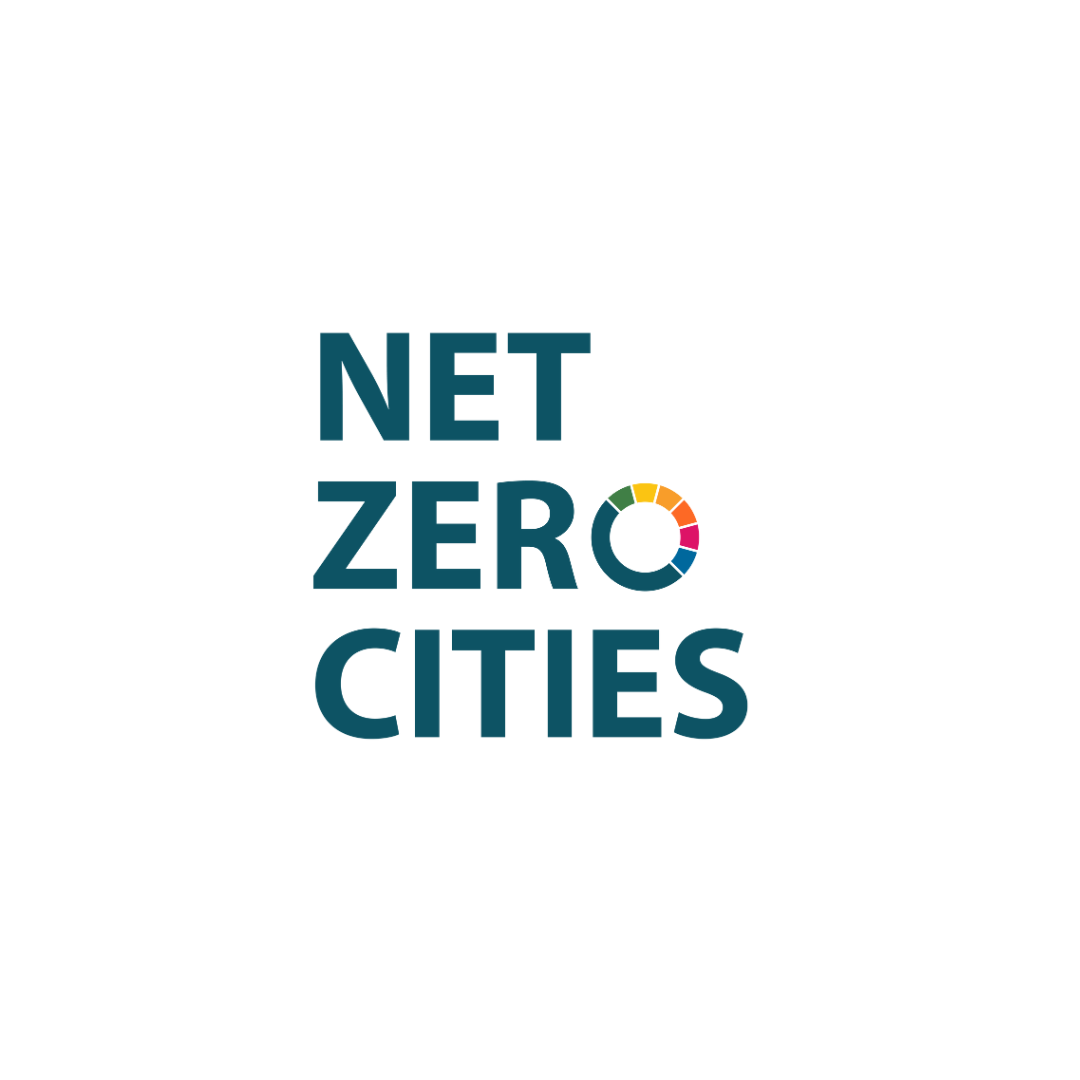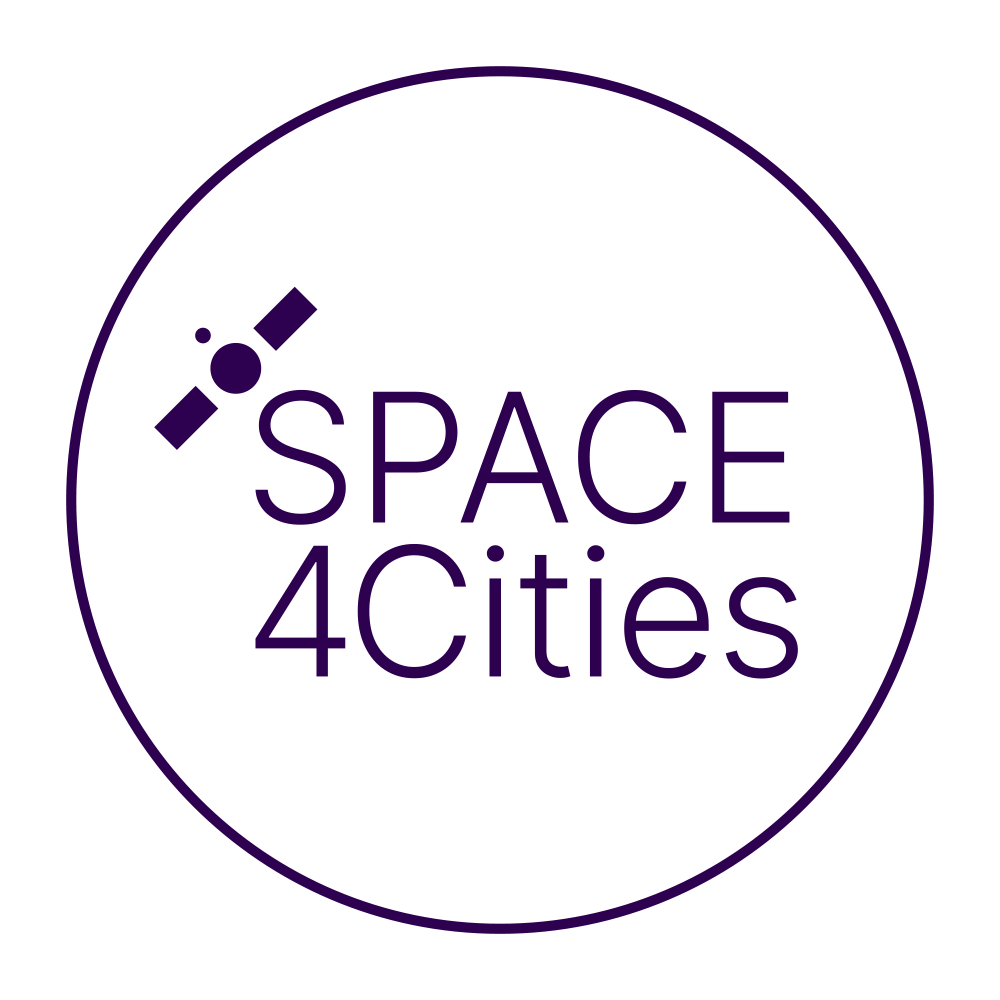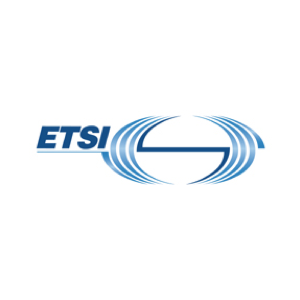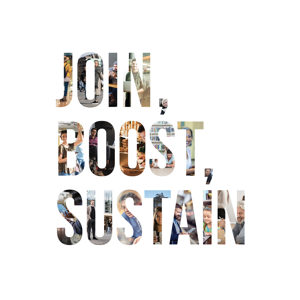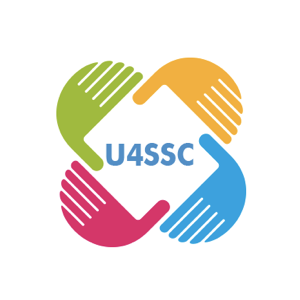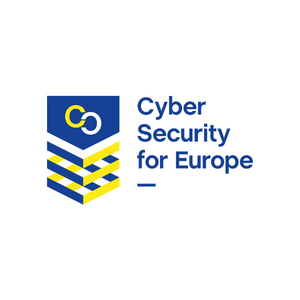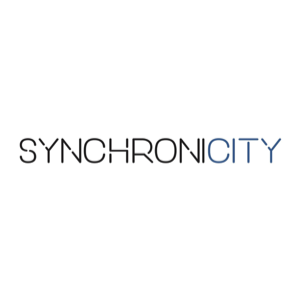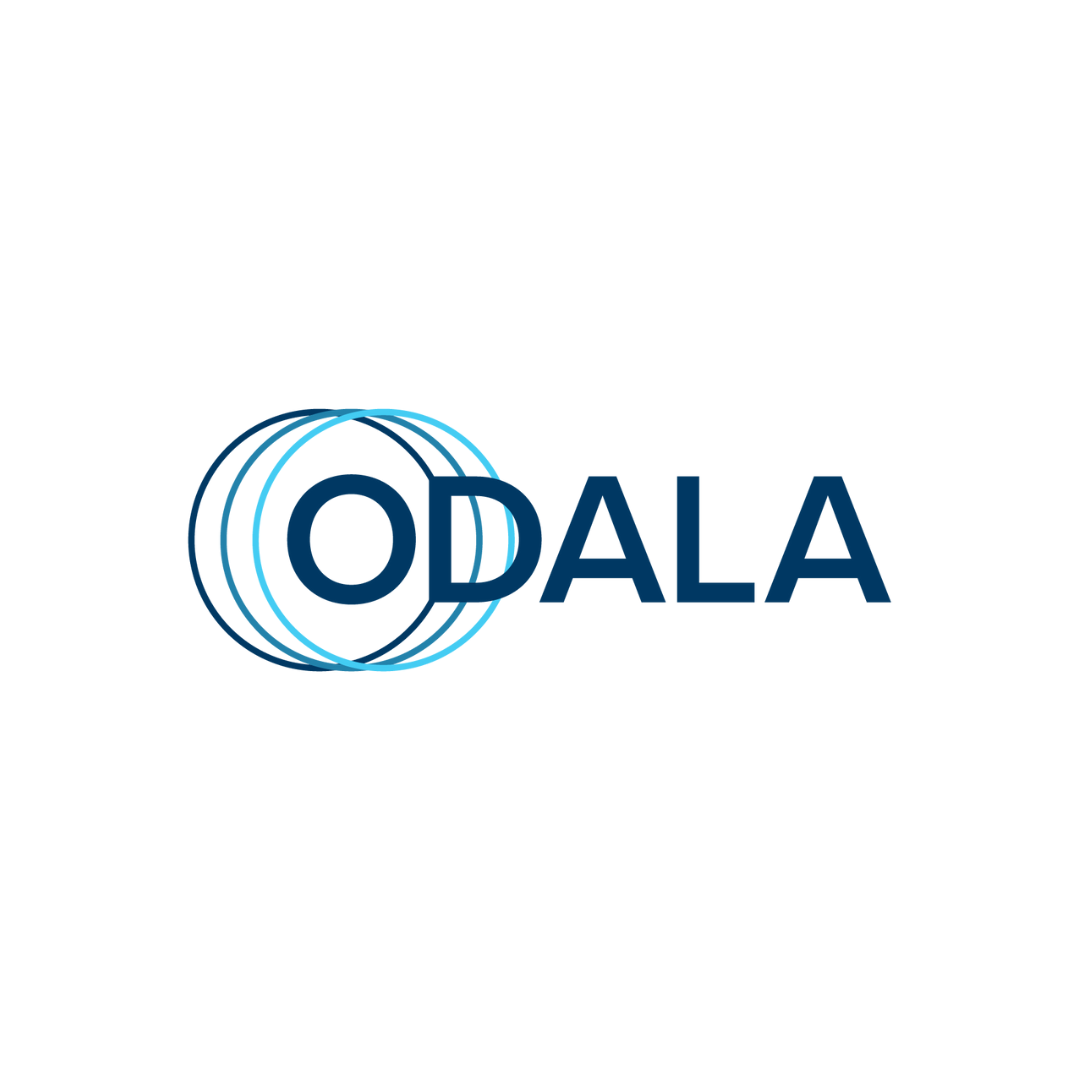Projects
BEGONIA
The BEGONIA Project, an EU-funded Coordination and Support Action rooted in holistic, collaborative, and connecting approaches, aims to expedite this digital transformation. It identifies, studies, and prepares the development of ODPs across EU countries, starting from the identification of cross-border use cases in the energy and transport sectors.D project is building intelligent PEDs to assist cities with decarbonisation efforts aimed at reaching net zero by 2030.
BIPED
Positive energy districts are urban areas where energy produced during the year is the same as, or greater than, energy consumed. The BIPED project is building intelligent PEDs to assist cities with decarbonisation efforts aimed at reaching net zero by 2030.
CommuniCity
This transformative citizen-centred project is funded by the European Commission under the Horizon Europe programme. It will launch 100 tech pilots addressing the needs of cities and communities through co-creation and co-learning processes. The project builds on recognized European and national innovation programmes, methods, living labs, and platforms. CommuniCity is working together with companies, tech providers and citizens to develop solutions to overcome digital and urban challenges.
dRural
dRural‘s overall goal is to co-develop and implement a digital solution that delivers multiple services to rural citizens while creating opportunities economic growth and quality of life improvements. Then, to ensure the successful exploitation and sustainability after the project’s lifetime and its replication in other European territories. As such, our aspiration is to become the service marketplace of reference for European rural areas..
DS4SSCC
The Data Space for Smart Cities and Communities is a preparatory action funded by the Digital Europe programme to create the blueprint of a data space. Together with our partners, we work in close collaboration with our stakeholders from both the supply and demand side across sectors and domains to gather input for the governance scheme, catalogue of specifications, a cookbook, and a roadmap to realise the data space.
European Local Digital Twin Toolbox project
The EU’s Local Digital Twin Toolbox project aims to advance the digital maturity of EU cities, particularly focusing on those less prepared for digital transformation. It supports the creation of a European Local Digital Twin (LDT) toolbox to foster the adoption of digital twins across rural and urban areas, ensuring technology is accessible for all. Central to this initiative is the Smart Communities Network that comprises municipal associations of all 27 EU Member States and aims to improve digital strategies and connectivity for cities at the start of their digital journey. The project is a collaborative effort involving private companies, educational institutions, and network organisations aiming to engage the local level in the digital transition of the EU.
exPEDite
ExPEDite aims at creating and deploying a novel digital twin, allowing for real-time monitoring, visualization and management of district-level energy flows. In Europe and beyond we are faced with the challenge of redesigning our existing cities to make them more sustainable, resilient, inclusive and safe, as captured by UN Sustainable Development Goals and the New European Bauhaus initiative. Developing Positive Energy Districts (PEDs), is a breakthrough way to deal with the issue of urban emissions and applying adaptation and mitigation strategies to climate change, while ensuring that these urban areas generate an annual surplus of renewable energy and net zero greenhouse gas emissions. The ExPEDite project is supporting and accelerating the development of PEDs.
Go Li.EU
Living-in.EU is for a cohesive, digital Europe where every city and community can enjoy the economic and social benefits of digital transformation. Go Li.EU will support and accelerate the European way of digital transformation by coordinating and further enhancing strong multi-level governance cooperation in the EU to develop, (re-)use and share trustworthy solutions, technology and standards. To make this possible, Go Li.EU will ensure effective governance and growth of the Living-in.EU community, to include all ecosystem players, ensuring cooperation among them and with other EU initiatives.
Intelligent Cities Challenge
The Intelligent Cities Challenge (ICC) is a European Commission initiative supporting European cities towards the green and digital transition of their local economies, through Local Green Deals. ICC helps European cities harness the power of cutting-edge technologies, while improving their economic competitiveness, social resilience and their citizens’ quality of life.
NetZeroCities
NetZeroCities is part of the Horizon 2020 Research and Innovation Programme in support of European Union’s Green Deal. NetZeroCities has been designed to help cities overcome the current structural, institutional and cultural barriers they face in order to achieve climate neutrality by 2030. NetZeroCities will support the EU’s Mission of “100 Climate-Neutral and Smart Cities by 2030” newly-launched as part of the Horizon Europe programme. The project will work as a service-oriented platform supported by world-class practitioners. It will help European cities by providing them with the support and solutions they need to achieve their Net Zero goal in a socially inclusive way.
OMEGA-X
Relying on European common standards, the EU-funded OMEGA-X (Orchestrating an interoperable sovereign federated Multi-vector Energy Data Space built on open standards and ready for GAia-X) project aims to implement an energy data space. This will include federated infrastructure, data marketplace and service marketplace, involving data sharing between different stakeholders and demonstrating its value for concrete energy use cases while guaranteeing scalability and interoperability with other data space initiatives. OMEGA-X will develop an Energy Data Space that enables multiple actors sharing data and services while ensuring privacy, security and sovereignty. This will specifically address the current problem of low availability of data for innovative uses in the energy sector and beyond.
SPACE4Cities
This project strives for better, more dynamic management of public spaces, answering a concrete need for cities and regions to be able to adapt to fast-changing requirements for transport infrastructure, open spaces and city maintenance, and to increase their resilience to cope with extreme and disruptive events. Via smart exploitation of space data, the SPACE4Cities project aims to build replicable solutions for the dynamic management of public areas, and a clear roadmap for Europe-wide implementation of such space data-based solutions.
URBREATH
URBREATH is a Horizon Europe project focusing on boosting social interactions, inclusion, equitability and liveability in cities. In fact the project aims to put communities in the heart of decision-making for regional and local sustainable development. For doing so, the project team will develop, implement, demonstrate, validate and replicate a comprehensive, community participation and NBS-driven paradigm within the spectrum of urban revitalization, resilience and climate neutrality. These methodological approaches will be enhanced via social innovation practices, digital twins and artificial intelligence tools.
We Support
OASC takes part in international fora and expert groups
ETSI T004
T004 is a Specialist/Testing Task Force linked to the ETSI Industry Specification Group on cross-cutting Context Information Management (ISG CIM).
The main objective of this task force is to produce a conformance test suite for this NGSI-LD API specification (OASC MIM1) and a testing environment to execute and validate the test cases.
Living-in.EU Declaration
The signees of the declaration have joined forces to promote a sustainable way of digitally transforming cities and communities.
OASC leads the work on the technical commitment of the ‘LI.EU declaration and supports the commitment on ‘Measuring & Monitoring’.
U4SSCC
United for Smart Sustainable Cities (U4SSC) is a UN initiative and serves as the global platform to advocate for public policy and to encourage the use of ICTs to facilitate and ease the transition to smart sustainable cities. OASC is part of U4SSC’s Thematic Group on City Platforms and leads WG3 Smart City Platforms: Transitioning to a New Architecture.
Completed Projects
Learn about completed projects with participation of the Open & Agile Smart Cities & Communities network
CyberSec4Europe
CyberSec4Europe was a research-based consortium with 44 participants covering 21 EU Member States and Associated Countries. As a pilot for a Cybersecurity Competence Network, it tested and demonstrated potential governance structures for the network of competence centres using the best practices examples from the expertise and experience of the participants.
Pre-PAI
Pre-PAI was a project that provided the blueprint for the further development, deployment, and operation of the European AI-on-demand platform. The project carried out a comprehensive requirement analysis for different stakeholder groups, mainly SMEs, industrial sectors, and public administration. These requirements analyses lead to an overall roadmap and plan to build and consolidate the AI-on-demand platform. It included a comprehensive concept to provide trustworthy AI assets into the platform to support European leadership on trustworthy AI and to offer AI “Made in Europe”.
DyMoN
The DyMoN project focused on enriching digital nudging for more sustainable mobility behaviour with data sources. For example, the situational component is often crucial in nudging (i.e., in which situation a nudge reaches a person). For DyMoN, data such as weather data, environmental data, infrastructure data, or traffic data was used. This data was processed in the DyMoN Data Hub and was be linked to the nudging methods. By taking into account the situational components within a city, effective nudges were designed within the DyMoN framework.
SynchroniCity
The SyncroniCity project was a European Large-Scale Pilot for smart cities & communities. The project developed and validated the a technical framework based on the OASC Minimal Interoperability Mechanisms. Thereby, SynchroniCity laid the foundations for a digital single market for IoT- and AI-enabled services.
ODALA
“Collaborative, Secure, and Replicable Open Source Data Lakes for Smart Cities” (ODALA) was a strategic project to improve data management in cities. European Cities and regions from five different countries together with a cluster of private companies and research institutes will leverage open source technologies and digital transformation.
